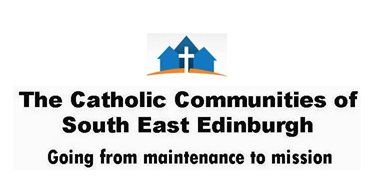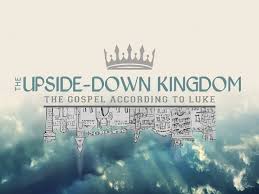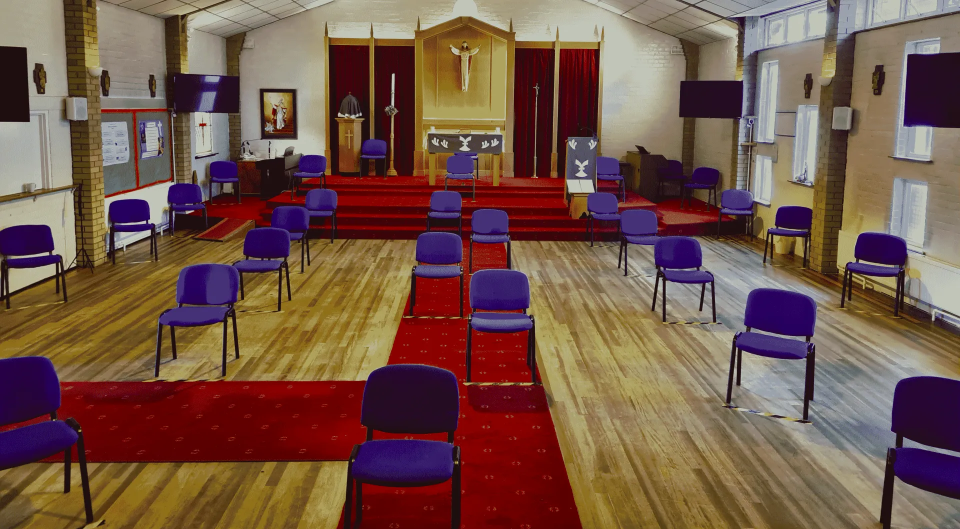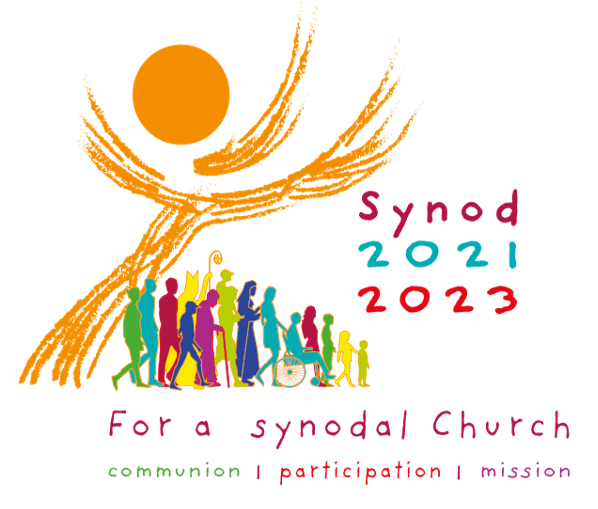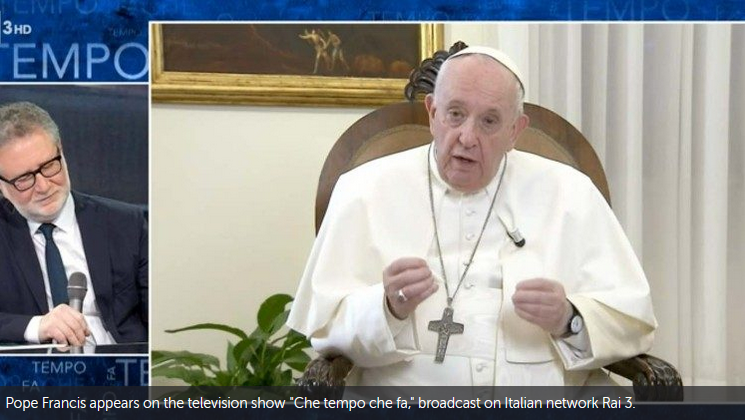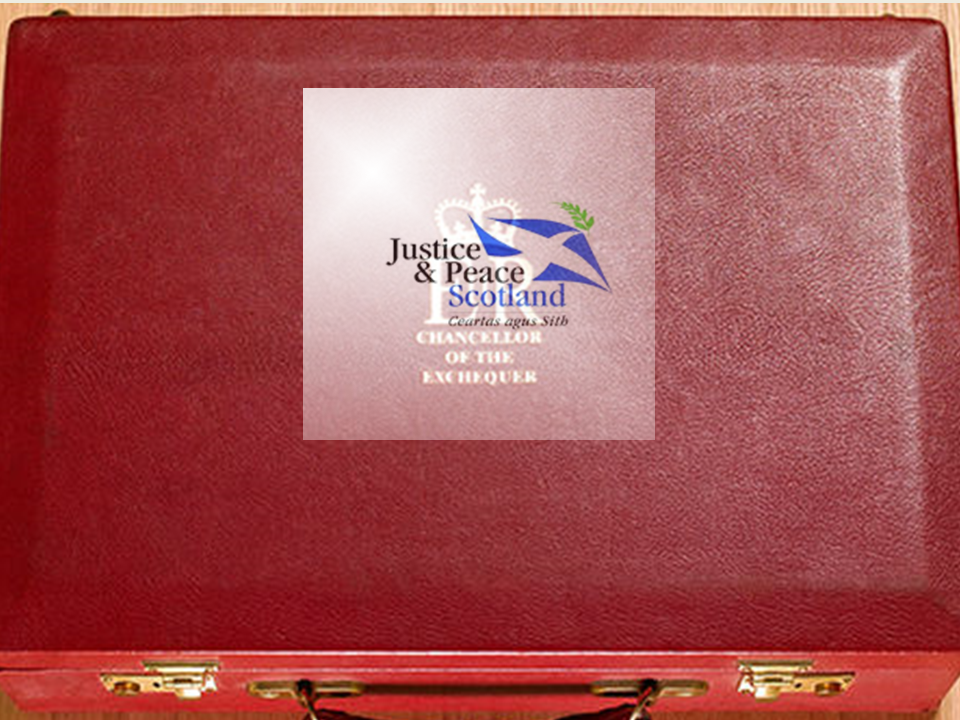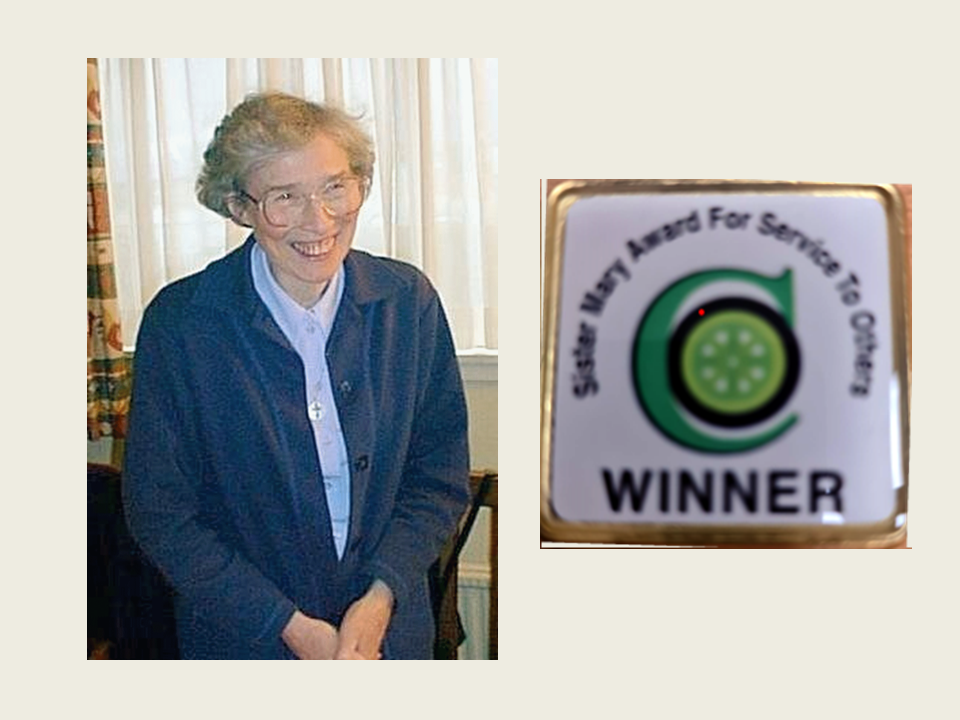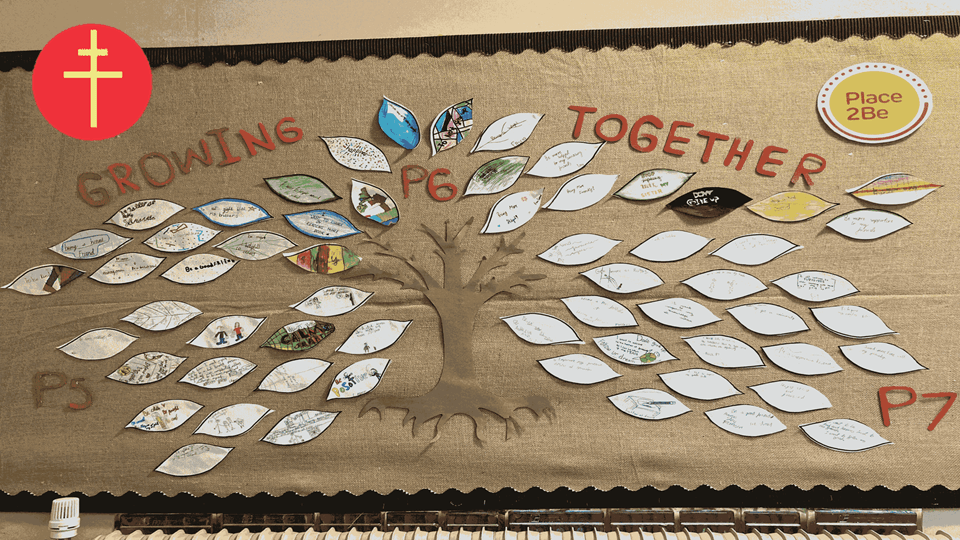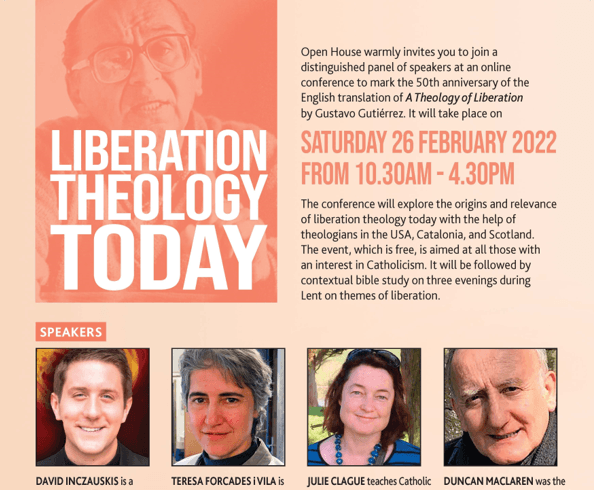Justice Matters: Justice, Peace and the Synod
This weekend we begin our meetings for the Synod – it’s not just a label for a series of meetings, but we are embarking on becoming a synodal church. That means we listen for the inspiration of the Spirit whether from inside or outside the church, and are alert to the crises of the poor and of the Earth.
See From April households will face several hundred pounds extra costs from increase in annual energy bills (those prepaying being charged a higher rate still – an iniquity), with increase in national insurance (NI), the loss of the benefit uplift, and inflation with rising food costs. More details here:
Falling wages and rising inflation
Higher energy costs
£200 energy bill loan and paying back explained
Let’s compare some numbers.
NI is paid on income above £9560, whereas income tax is applied on income over £12,570. The rise therefore impacts more on the poorer. The NI rise will apparently raise some £12Bn, termed a “health and social care levy.” It's curious terminology. Is income tax in part a “nuclear annihilation levy”? The cost of replacing Trident – something we could never use - is according to CND, £205 Billion. The amount of quantitative easing
(injecting money into the economy to expand economic activity) is £895Bn. The fiasco of Test and Trace cost £37Bn (to whom did that money go?). Yet this £12Bn is deemed so essential. Why?
Petrol prices have shot up in recent months, and with rises in the price of gas, are a major contributor to the inflation affecting us all. Yet this year BP
(“literally a cash machine” its boss says) has made £9.5Bn and Shell reported “a momentous year” with £14 Bn in profits. BP will also “hand investors around £800million through a dividend of 4p per share.” It is “increasing its investment in low-carbon technology tenfold, to £3.8billion a year by 2030”. Should we applaud? So, is the implication as follows: this year BP currently invests in this ‘low-carbon technology’ £380Mn, around 4% of its profits, and a half of the dividend payment? This prodigal is then portrayed as working for a just transition from fossil fuels, having - it and its fellow companies - profited from the 40+ years suppression of climate science and profiting from climate damage!
Reflect How can we work for a more just future not merely (but essentially) supporting those in need now? How can our political and economic system be changed? In December this article
looked at the crisis of truth, including in politics. On October 10th 2021, Tricia had explored how tax as a concept is necessary but should be just. Working towards such change is part of our calling to grow the kin(g)dom of God among us in SE Edinburgh, and across the UK and the Earth.
As we become a synodal church, how might we organise ourselves in the cluster churches and the archdiocese to be more effective in raising awareness of and responding both to need and to the injustice that creates need?
Act We are called to be the Body of Christ in South Edinburgh. What does that mean when it comes to some of us having excess, and others being in poverty? How do we work for change? Should we create a Credit Union? Are there initiatives outside, as well as inside the church into which we can put our energy? Do we recognise that the Spirit is inspiring such groups as The Poverty Alliance, COP 26 Edinburgh, Streetworks, and Transition Edinburgh South?
Many of us are short of time and cannot be burdened by new tasks – how do we work together to make our choices (in voting and purchases) become informed by concerns for justice; how do we enable discerned quick actions in the flow of busy lives become fruitful?
As we join the synodal meetings in the cluster I hope that we remember that a part of becoming a synodal church, one that listens for the Spirit in all aspects of life, is to consider justice –
ensuring that all people and all the Earth share God’s gifts sustainably. We might include among questions: how can we enable work for justice to be at the heart of what we do as church? Do we recognise that is where work for justice is – fundamental to being Christian, not an optional extra?
Mike Mineter

